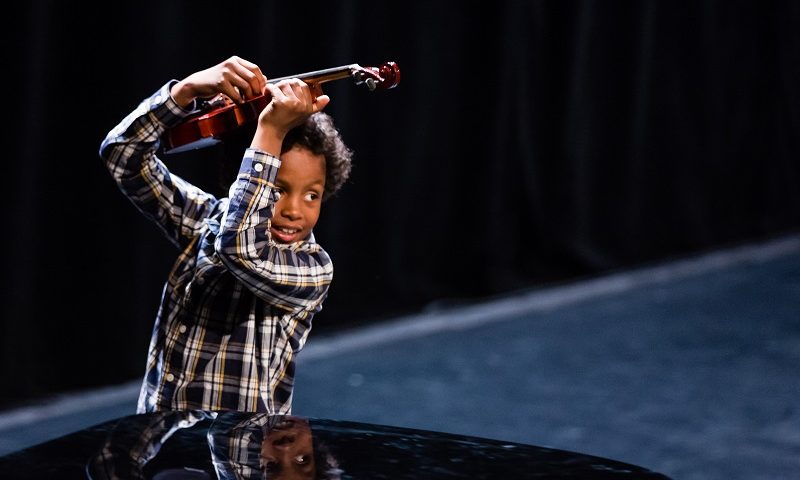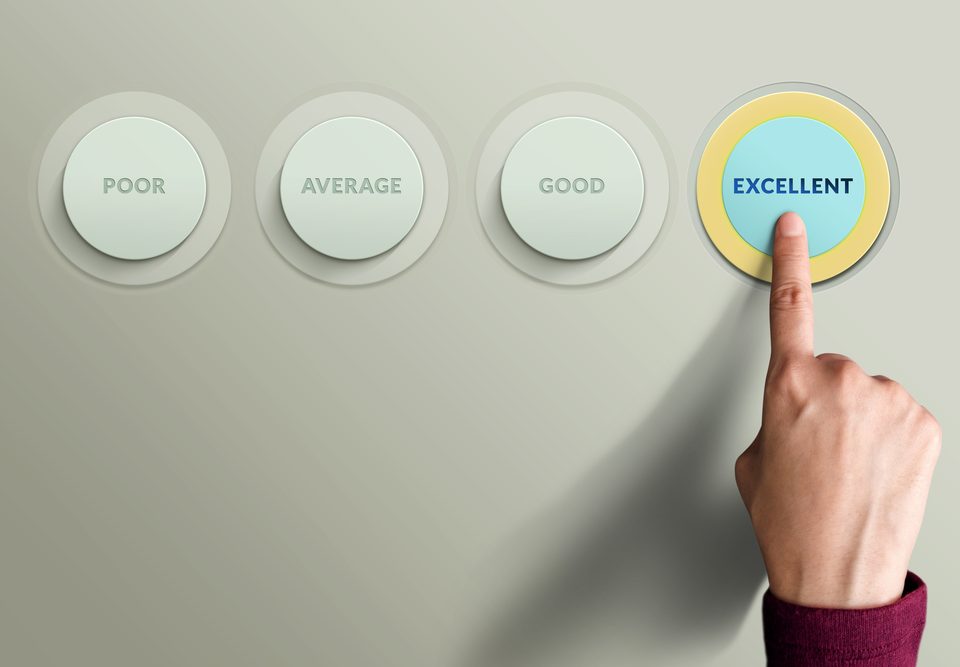


European Union legislates less and less
20 May 2016
The children of immigrants are not doomed to failure
20 May 2016
Dix mois d’École et d’Opéra – crédits : Agathe Poupeney
Update 12 August 2022 - Publication des résultats : (2022) Bringing underprivileged middle-school students to the opera: cultural mobility or cultural compliance?, British Journal of Sociology of Education.
Does offering children a range of musical activities improve their attitudes toward school? Do they get better results? Do their attitudes change? Overall – including outside of school – are their interests affected? These are the questions addressed in a research project led by the OSC and Paris National Opera.
A research project led by the OSC and Paris National Opera
In July 2015, the Observatory for social change (OSC) and Paris National Opera established a partnership aiming to assess an artistic and cultural initiative called Dix mois d’Ecole et d’Opéra (Ten Months of School and Opera) that has been in place for 25 years in 33 establishments belonging to the priority education network of the academies of Paris, Créteil and Versailles.
Created in 1991, Dix mois d’Ecole et d’Opéra offers a series of activities to primary and secondary school classes over two consecutive years: regular meetings with Opera professionals, invitations to opera and ballet rehearsals and performances, workshops allowing children to engage in artistic practice – dance, song, music, theater, visual arts – for three hours a week.
The research project seeks to assess the impact of this initiative on several levels:
– education per se: motivation, results, direction…
– less academic aspects: behavior, tastes, interests…
These evaluations draw on a range of both quantitative and qualitative methods. In terms of academic results, the research is based on a partnership with the Ministry of Education’s Direction de l’évaluation, de la prospective et de la performance (DEPP – Directorate of evaluation, forecasting and performance), enabling a statistical analysis of the results of the middle-school Brevet for students from the fifty classes that went through this program between 2003 and 2013. The other dimensions of the evaluation will be explored through a field study of several classes under the program in 2016 and 2017.
This research, led by Philippe Coulangeon, lies at the intersection of educational, cultural and urban inequality issues on which the OSC and LIEPP focus.




